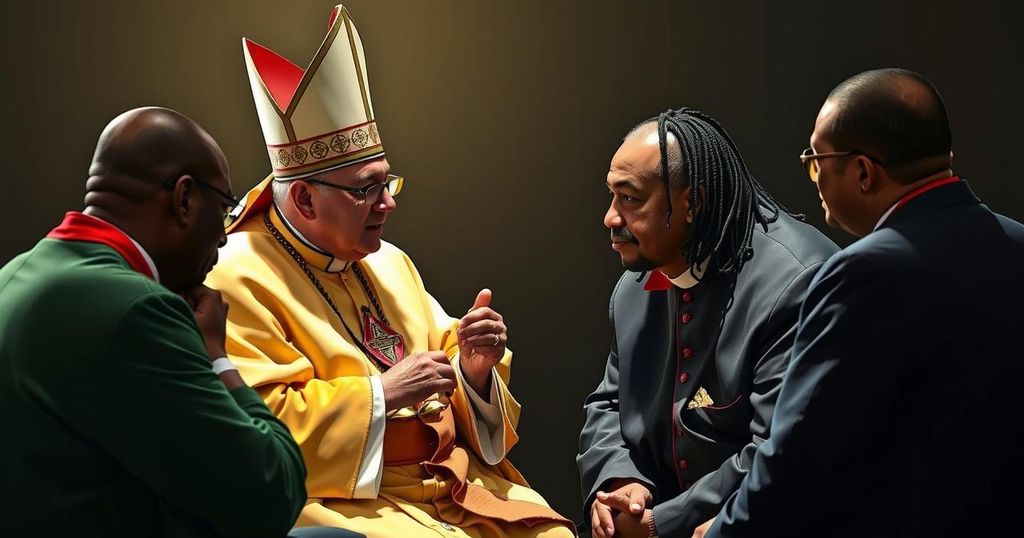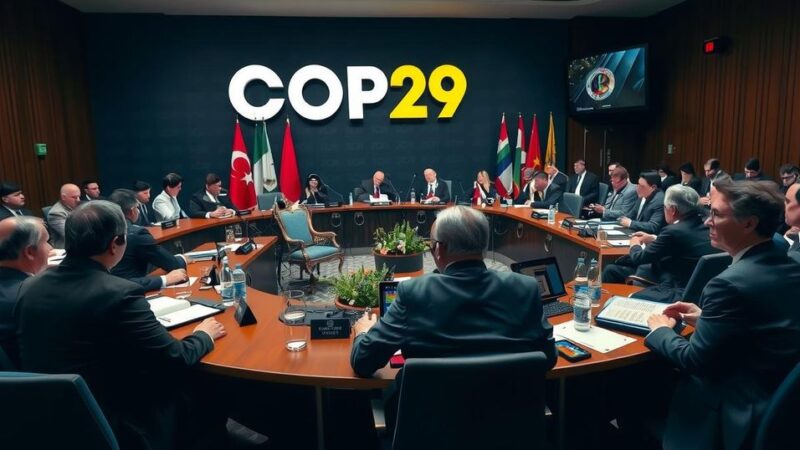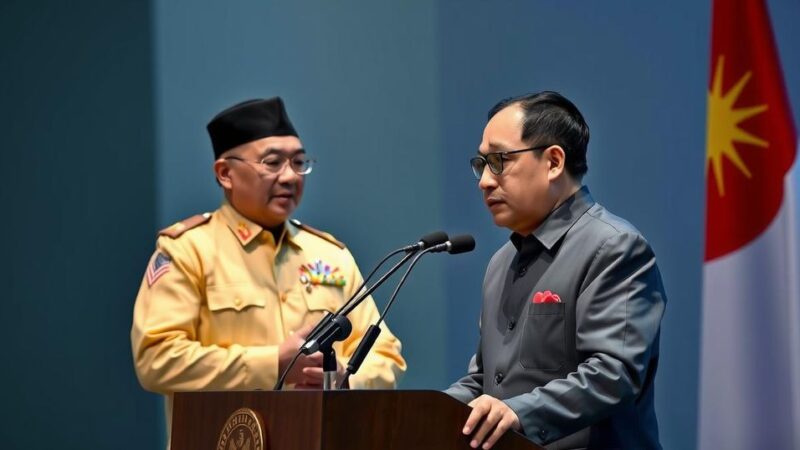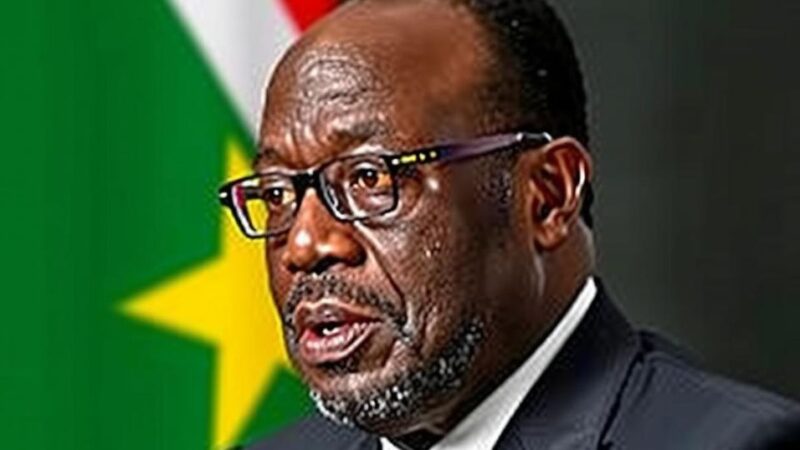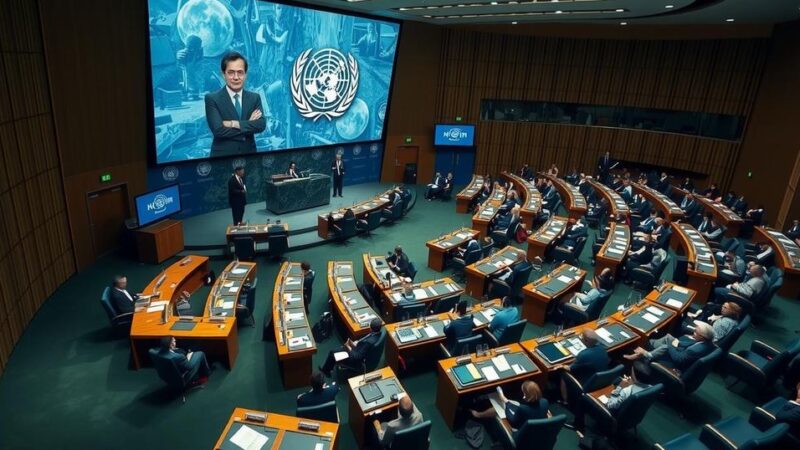Cardinal Stephen Ameyu Mulla of South Sudan has expressed that synodality can be key to achieving peace in his country, advocating for dialogue among bishops and South Sudanese people. Despite gaining independence in 2011, South Sudan continues to face significant struggles, including challenges related to the implementation of a revitalized peace agreement, exacerbated by the ongoing conflict in neighboring Sudan.
During a press conference at the Vatican on October 18, Cardinal Stephen Ameyu Mulla of the Archdiocese of Juba, South Sudan, articulated his conviction that synodality, or the practice of walking together in dialogue, can serve as a viable pathway towards achieving peace in his nation, particularly in light of the challenges faced by the fractured bishops’ conference. “The synod journey helps us the Church to resolve many problems together,” Cardinal Mulla stated, emphasizing the importance of collective efforts among bishops to address the persistent issues that afflict South Sudan. Cardinal Mulla elaborated on the historical context of South Sudan, which gained independence from Sudan in 2011, yet has been plagued by a civil war that erupted shortly thereafter. He expressed his belief in the potential of synodal gatherings not only to enhance internal church discussions but also to facilitate broader dialogues among the South Sudanese populace. “We thought we would be able to solve our problems, but it seems that problems increase in South Sudan,” he lamented, referencing the ongoing struggles surrounding the implementation of a revitalized peace agreement that has yet to stabilize the nation. Highlighting a past audience with Pope Francis, where the pontiff notably brokered a peace agreement between South Sudanese leaders, Cardinal Mulla stressed the dire need for adherence to that agreement. “We continue to insist as bishops that this revitalized peace agreement should be implemented by the letter,” he urged, pointing out that the absence of such implementation has perpetuated instability. Moreover, he remarked on the paradoxical situation faced by the Church: while it experiences growth through the establishment of new dioceses, the country itself regresses politically and socially due to the turmoil in neighboring Sudan, where a civil war has displaced millions and profoundly affected church communities. Cardinal Mulla poignantly stated, “We’re suffering because of people who want power but not service,” reinforcing the notion that authentic leadership must prioritize servitude over authority. In conclusion, Cardinal Mulla maintained that fostering synodality and dialogue is integral to addressing both ecclesiastical and socio-political issues in South Sudan. “Without dialogue, we cannot settle things in the church nor in the political arena,” he emphasized, positioning synodality as the essential means to resolve the myriad challenges facing his homeland.
South Sudan, a relatively young nation that achieved independence from Sudan in 2011 after a lengthy civil war, has struggled with internal strife that escalated into its own civil war in 2013. Peace was brokered by the Vatican in 2020, yet the situation remains precarious, marked by ongoing instability and inter-ethnic conflicts. The country grapples with the implications of a revitalized peace agreement that the leadership has struggled to implement, contributing to a tumultuous political landscape. Additionally, the crisis in neighboring Sudan, which has experienced civil war since April 2023, further exacerbates the challenges for South Sudan, with significant implications for the Church and local communities.
In summary, Cardinal Stephen Ameyu Mulla advocates for synodality as a transformative approach to facilitate peace and dialogue within South Sudan. He highlights the Church’s role in addressing societal issues through collective efforts among bishops and encourages broader conversations among South Sudanese citizens. The cardinal’s insights reflect the urgency for political leaders to prioritize service over power, thereby fostering a more stable and harmonious society.
Original Source: www.pillarcatholic.com
